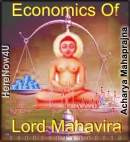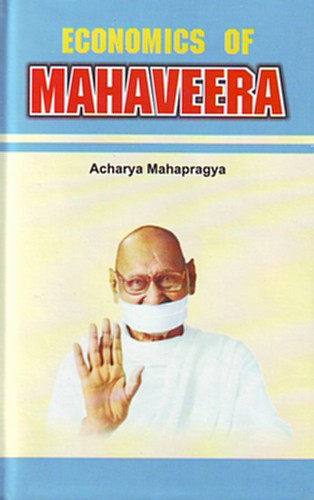
There are then two clearly distinct pictures of society before us: A society with uncontrolled consumption and a society with controlled consumption, or violence and unrest versus non-violence and peace. If we analyze the two in some depth, it will be clear the absence of self-restraint and control has produced competition, jealousy, violence and even terror. It has generated unrest and exploitation. Where there is excessive competition where there is excessive consumption, where there is consumerism, exploitation is inevitable. A society with self-regulated consumption will neither exploit nor harass anybody. It remains within limits; it does not violate the natural boundaries.
The French thinker Jean Bondriyo, while commenting on modern consumerism, wrote: "When an article is introduced, it first appears to be pleasure-giving. In the end, after generating unhappiness, it dies. Initially, it appears to be desirable, but in the end it proves to be harmful." Indian philosophy has found that even a seeming good may bring bad result in the end. It has been observed on the practice of consumerism.
Ikshuvada virsaha prante, Sevitah syuh pave vasah.
The eating of sugarcane gives sweetness, but in the end no juice remains in the bagasse, it becomes juiceless.
This is the nature of consumerism.
 Acharya Mahaprajna
Acharya Mahaprajna

